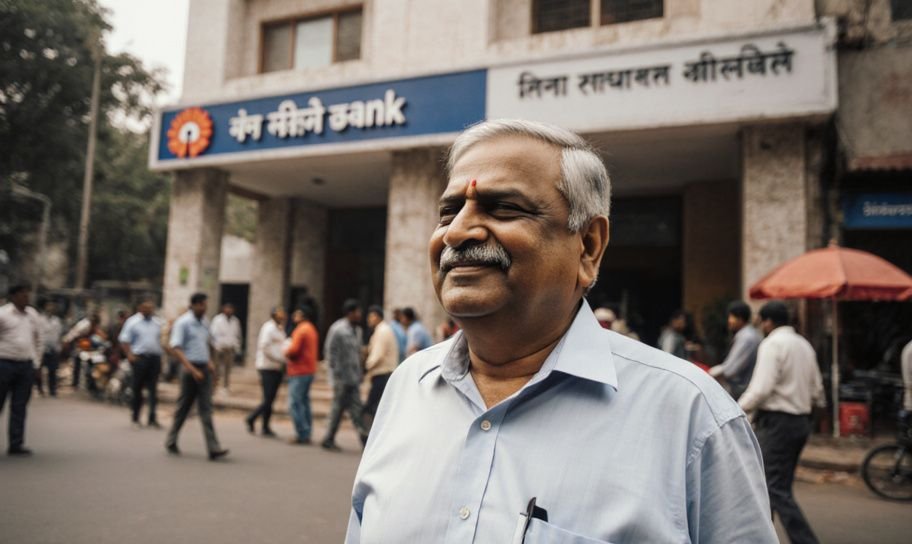
In a recent decision, the High Court at Bombay ruled against the Bank of Maharashtra, stopping their attempt to take away the gratuity of a retired employee, Prakash Vishnu Shinde. This case explores the complicated world of employee rights and employer responsibilities.
Prakash Vishnu Shinde, who used to be a Regional Manager at the Bank of Maharashtra, faced an internal investigation starting in 2013. He was suspended in December 2013, just before his retirement at the end of that year. Even though he retired, the investigation continued, and in 2016, he was forced to retire as punishment.
The main issue was the bank's decision to hold back Shinde's gratuity. They claimed that his actions during employment justified this under certain parts of the Payment of Gratuity Act, 1972. However, both the decision-making and appeal authorities disagreed with the bank, stating that Shinde should get his gratuity with interest.
"The decision-making authority allowed the application filed by respondent No.1, holding that respondent No.1 was entitled to receive gratuity amount of Rs.10.00 lakhs with interest."
The court found that the bank couldn't prove any real loss caused by Shinde's actions. Also, Shinde wasn't taken to court for any crime involving dishonesty, which is important for taking away gratuity under the Act.
"The learned appeal authority has held that since respondent No.1 was not taken to court for the crime involving dishonesty, the amount of gratuity payable to him could not be taken away."
The court looked at various rules, including the Bank of Maharashtra Officers’ Service Regulations and the Discipline and Appeal Regulations. These rules explain when gratuity can be denied, mainly if services are ended because of bad behavior involving dishonesty.
In the end, the court agreed with Shinde. It declared that the decisions from the decision-making and appeal authorities were correct, and the bank's attempt to deny gratuity was not justified.
"It is declared that respondent No.1-Shri Prakash Vishnu Shinde is not entitled to receive gratuity."
This case shows how important it is to follow the right process and make sure that actions taken by employers are supported by strong evidence and legal rules. The judgment reminds us of the rights employees have, even after they retire.